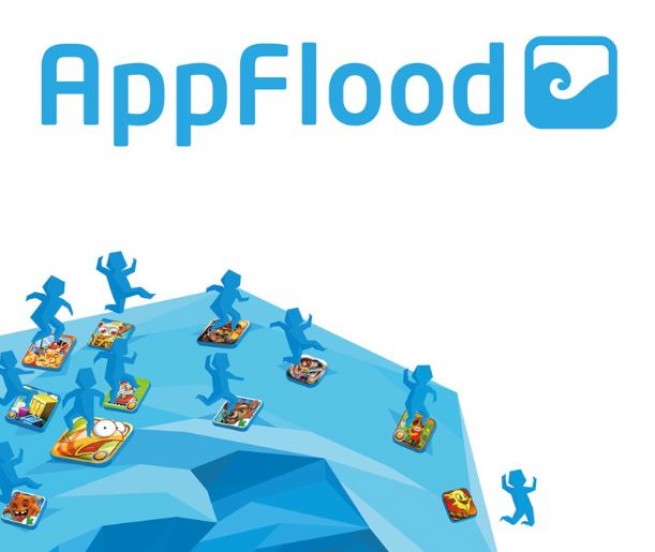Android developers looking to gain traction with new people may want to look at PapayaMobile’s AppFlood.
[aditude-amp id="flyingcarpet" targeting='{"env":"staging","page_type":"article","post_id":545147,"post_type":"story","post_chan":"none","tags":null,"ai":false,"category":"none","all_categories":"games,mobile,","session":"A"}']The technology services company provided GamesBeat with several metrics that point toward the user-acquisition tool’s potential.
AI Weekly
The must-read newsletter for AI and Big Data industry written by Khari Johnson, Kyle Wiggers, and Seth Colaner.
Included with VentureBeat Insider and VentureBeat VIP memberships.
AppFlood sets itself apart by not taking a commission on those peer-to-peer ad sales.
“We are blown away by the overwhelming success of AppFlood,” said Papaya Mobile chief executive officer Si Shen. “In less than three months, this product has emerged as not only a game changer for our company but also for the entire mobile apps industry. We are expanding and iterating at break-neck speed in order to become the market leader for cross-promotion by the end of this year.”
Shen claims between 4,000 and 7,000 installs per app per day. On a typical Android ad network, the cost-per-user install is around $1.80. AppFlood says it can do the same for an average cost of $.40.
Within AppFlood’s developer network, total ad impressions are already up to 200 million a month. The company also boasted a seven-day retention rate of 30 percent. That means customers are installing the cross-promotional products and sticking with them.
Papaya Mobile told GamesBeat that it’s now pouring significant resources into developing Unity and iOS versions of their software-development kit. Its development team is also working to improve its ad targeting and analytics. AppFlood also hopes to provide studios with a multitude of additional ad formats to more flexibly fit the different types of games in the market.
Again, Papaya Mobile doesn’t take any commission on the developer ad sales. Instead, it designed AppFlood with a forward-looking approach to build up the social-game developers cross-promotional ad network. Every new game that gets in on AppFlood brings more potential users into pool. Papaya can then attempt to capitalize on those customers in the same way as any other developer. It’s a flat hierarchy that must appeal to studios with smaller games.
[aditude-amp id="medium1" targeting='{"env":"staging","page_type":"article","post_id":545147,"post_type":"story","post_chan":"none","tags":null,"ai":false,"category":"none","all_categories":"games,mobile,","session":"A"}']
VentureBeat's mission is to be a digital town square for technical decision-makers to gain knowledge about transformative enterprise technology and transact. Learn More

